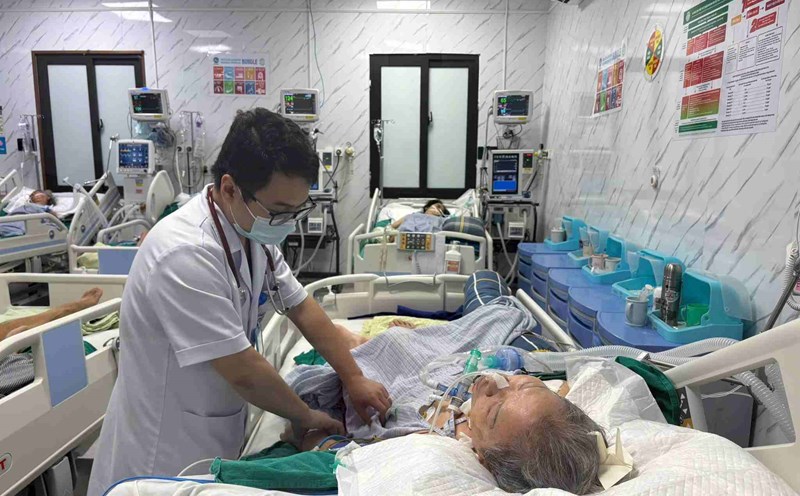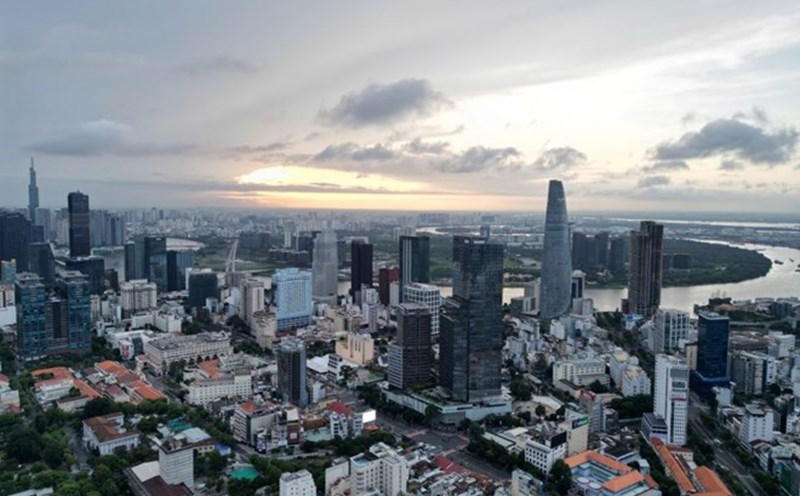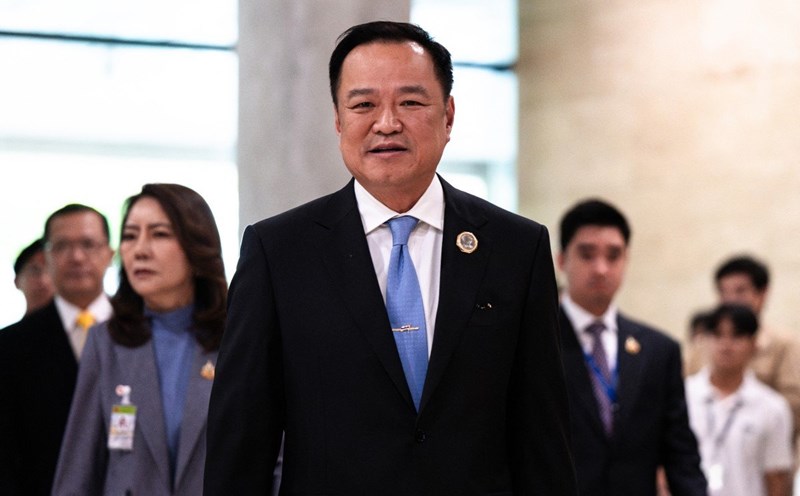Decree 238/2025/ND-CP has just been issued by the Government, which includes detailed regulations on 14 cases exempted from tuition fees from the 2025-2026 school year.
A notable point is the regulation on tuition exemption for postgraduate students in the group of special health majors, applied from the 2025-2026 school year.
From the 2025-2026 school year, students studying specific health majors such as psychiatrics, forensics, pathology, infectious diseases, and emergency resuscitation at public educational institutions will be completely exempted from tuition fees. This is an industry group lacking in human resources, playing a particularly important role in the health system, so this policy is expected to attract more students to pursue and stick with the profession for a long time.
In addition, the Decree also stipulates 100% tuition exemption for students in specific majors, directly serving the tasks of socio-economic development, national defense and security.
Students majoring in traditional arts such as Cheo, Tuong, Chau Sa, Circus, Dance, etc. will receive a 70% tuition reduction when studying at public educational institutions.
The policy of tuition exemption and reduction also continues to be maintained for vulnerable groups such as people with disabilities, orphans with both parents, ethnic minorities in areas with particularly difficult socio-economic conditions, and students under the admission program.
For the medical industry, Vietnam is seriously lacking doctors and nurses in the mental health sector, while the demand for care is increasing with nearly 15% of the population suffering from mental disorders. Currently, the country has only 605 doctors, equivalent to 0.62 doctors/100,000 people, much lower than the global average of 1.7; the number of nurses has only reached 3/100,000 people. Human resources are mainly concentrated in some big cities, while many localities, especially the Southwest and Central Highlands, are almost deserted.
According to Deputy Minister of Health Tran Van Thuan, the main reason is that the mental field is less popular, suffering from many social prejudices, and low treatment regimes, making it difficult to attract human resources. In fact, only about 29% of people with mental disorders and 1/3 of people with depression have access to official services.
The Ministry of Health is drafting a Decree regulating preferential allowances according to occupation for civil servants and employees working at public health facilities (replacing Decree No. 56/2011/ND-CP). In which, it proposed to increase the vocational preferential allowance to the highest level of 70% for many groups of health workers.
The group forensic, forensic psychiatric, pathological pathology, preservation and care of the body is one of three groups proposed to increase the preferential allowance to the highest level of 70%.











